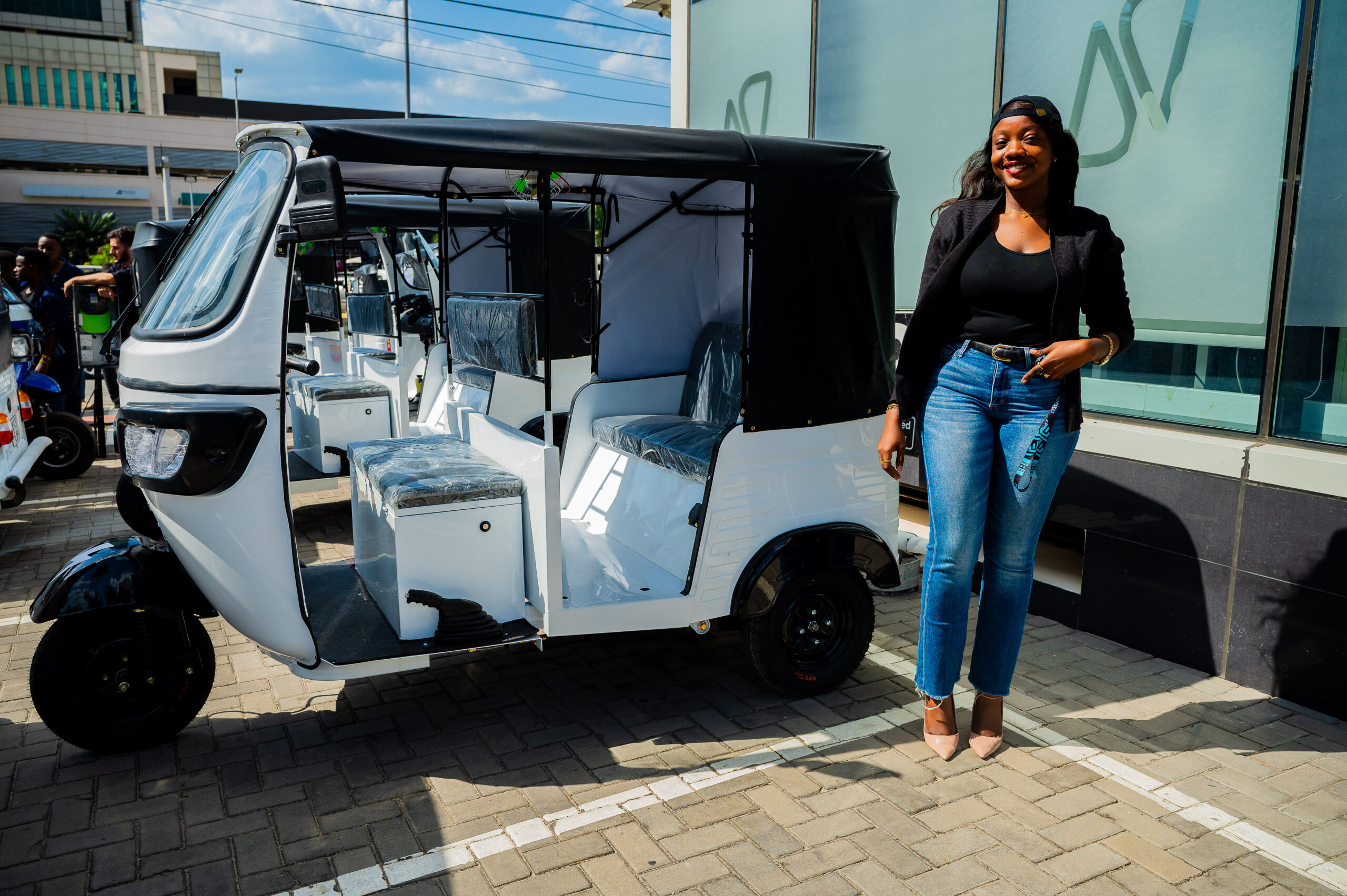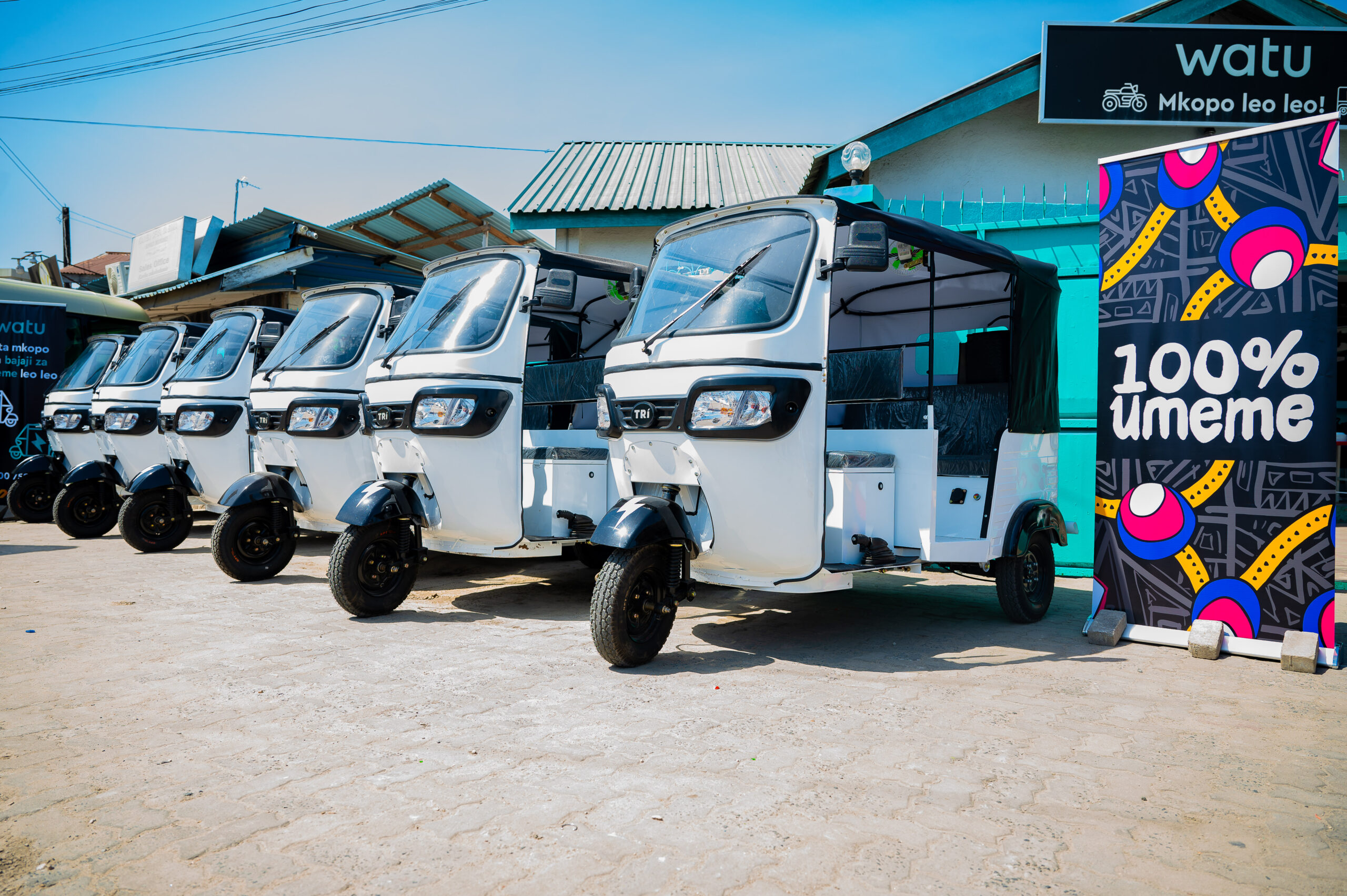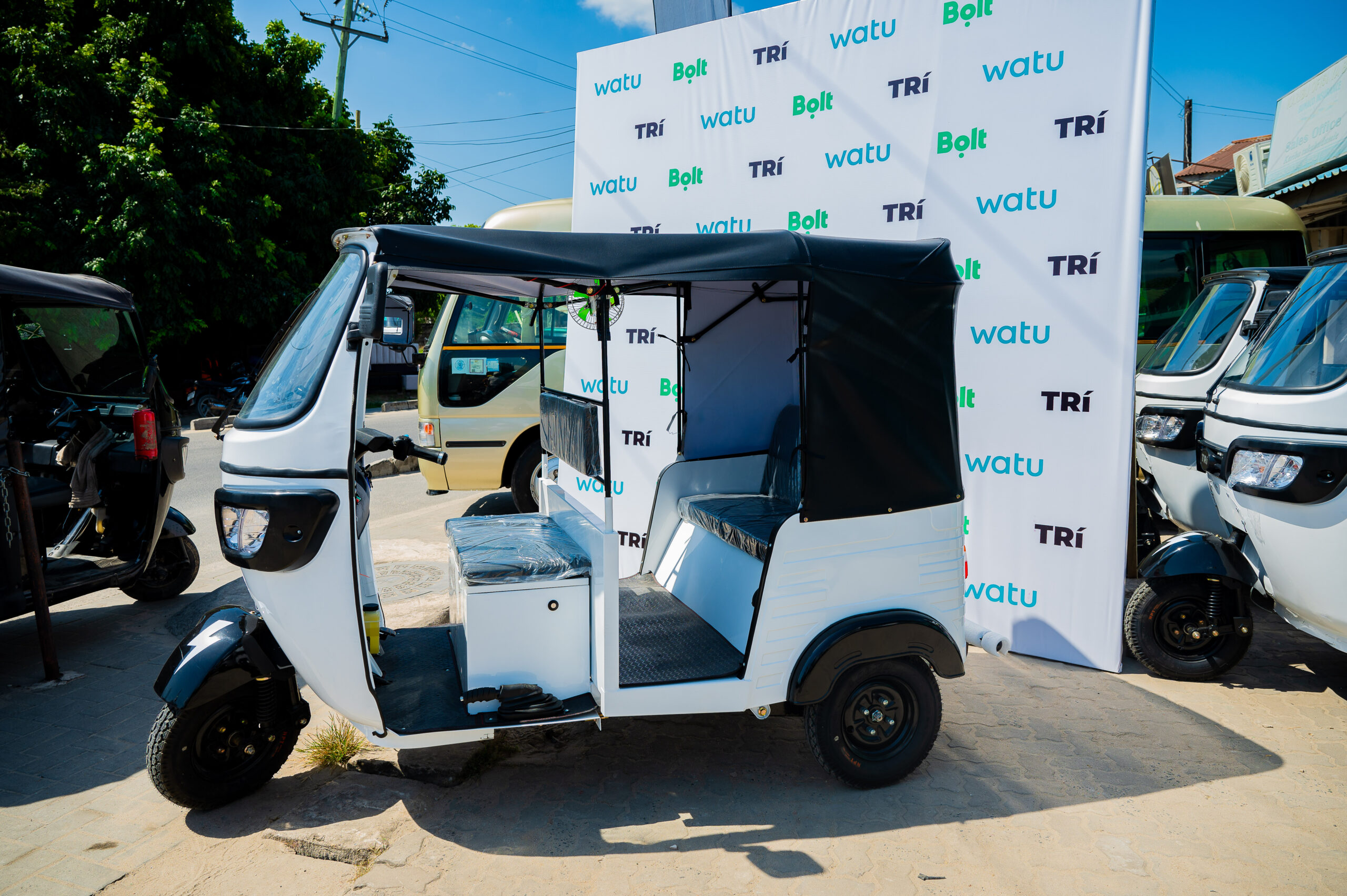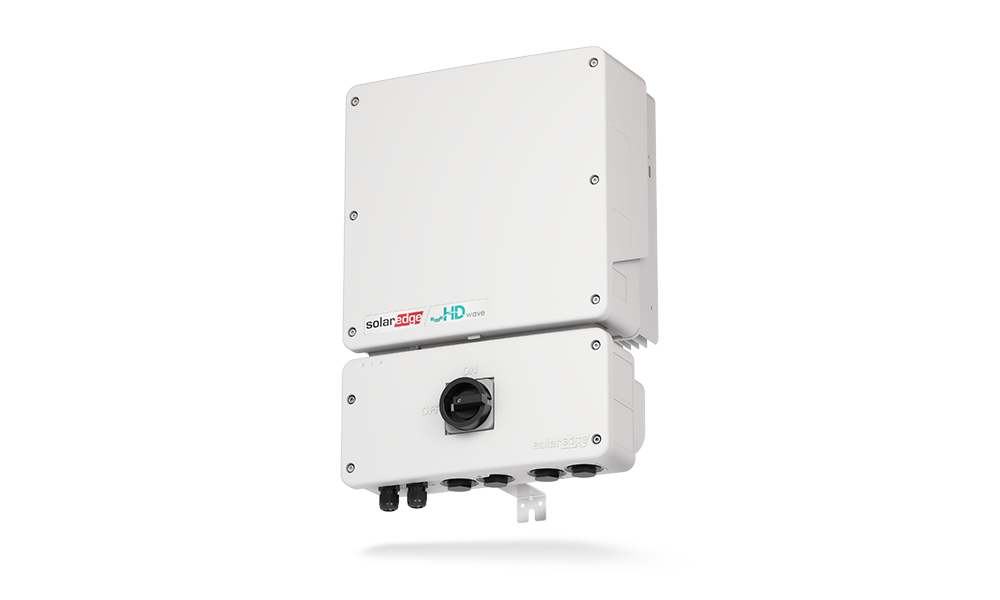Sign up for daily news updates from CleanTechnica on email. Or follow us on Google News!
From about 2010, the population of three-wheeled internal combustion engine vehicles has been growing in Tanzania. These three-wheelers are used as taxis and have become an integral part of Tanzania’s transport ecosystem. One of the major original equipment manufacturers in the internal combustion engine three-wheeler market is the Indian firm Bajaj. As adoption of three-wheelers grew in Tanzania, people started calling all three-wheelers irrespective of brand “bajajis.”
There are an estimated 500,000 internal combustion engine (ICE) 3-wheelers in Tanzania. The good news from Tanzania is that this important sector is now being electrified. One of the leaders in this space is TRí. TRí has just unveiled the E2, the second generation of its 3-wheeler, in Tanzania. Here are the main specs:
- 100 km+ range at 40 km/h average speed
- 55 km/h top speed
- 4 kW electric motor
- 8 kWh LFP battery
- 5-hour charging time (onboard charger)
- Fully digital display with rear camera for easier parking
- Heavy duty suspension to handle the roads in most places
- Outright purchase price — $3,500, excluding VAT, which is at parity with standard ICE 3-wheelers
- Battery warranty is 2,000 cycles.
In a major boost for this electrification drive, Bolt, TRÍ, and Watu are joining forces to empower drivers and revolutionise urban transportation by introducing electric bajajis in a pilot program. This initiative prioritizes not only sustainable and affordable mobility solutions but also the economic well-being of Tanzania’s driving force — its drivers. Bolt is seamlessly integrating the electric bajaji option into its ride-hailing platform, allowing drivers to participate in this innovative program. This integration streamlines operations and enhances the overall driver experience. Bolt empowers drivers to increase their earnings and achieve greater financial stability by providing access to these cost-effective vehicles.
TRÍ brings its profound industry expertise to the collaboration by supplying the program with its innovative electric bajajis. These vehicles are built on extensive driver feedback and have been rigorously tested over 1 million kilometres. They offer a practical, sustainable, and cost-effective alternative to traditional internal combustion engine bajajis specifically designed to meet the needs of drivers in Tanzania and beyond. Watu is playing a crucial role in this collaboration by ensuring inclusivity through affordable financing for the electric bajajis. This innovative approach allows drivers to own their electric bajajis as they pay off their loans, empowering them to build long-term financial security.
Watu’s financing solutions also make electric vehicles accessible to a wider pool of drivers across the region, fostering economic opportunities and potentially reducing maintenance costs compared to traditional bajajis. The introduction of electric bajajis significantly reduces operational costs, with a full charge costing only 2,900 TZS compared to 20,000 TZS for the same range as petrol. These substantial savings directly translate to increased driver earnings, providing a tangible benefit for the drivers.
Watu says after recognizing the challenges of transitioning to electric vehicles the collaboration offers comprehensive support and training programs. These programs are about more than equipping drivers with the necessary skills to operate and maintain their new electric bajajis; they provide a safety net, ensure a smooth and efficient shift, and support the drivers in this transition. The pilot program begins with an initial deployment of 25 electric bajajis.
This initial phase will provide valuable insights for program refinement and future expansion. This launch marks just the beginning. The partners plan to grow the electric vehicle initiative, fostering new partnerships and innovative solutions that benefit drivers, customers, and the environment. The initiative welcomes all stakeholders to join the movement and spread the word about the transformative potential of electric vehicles.
Images courtesy of Watu
Have a tip for CleanTechnica? Want to advertise? Want to suggest a guest for our CleanTech Talk podcast? Contact us here.
Latest CleanTechnica.TV Videos
CleanTechnica uses affiliate links. See our policy here.












